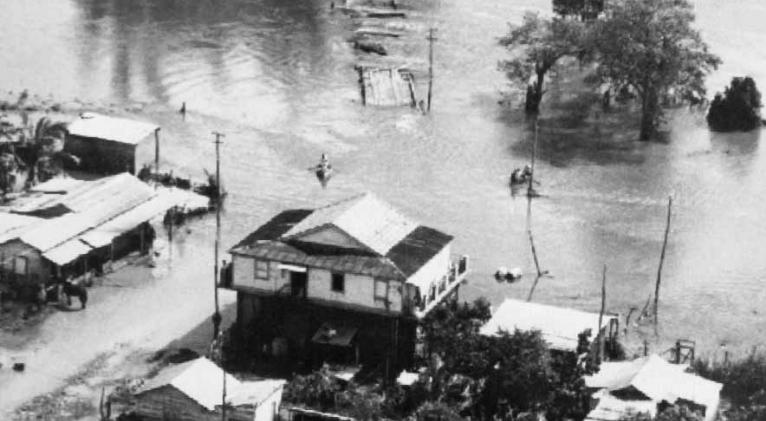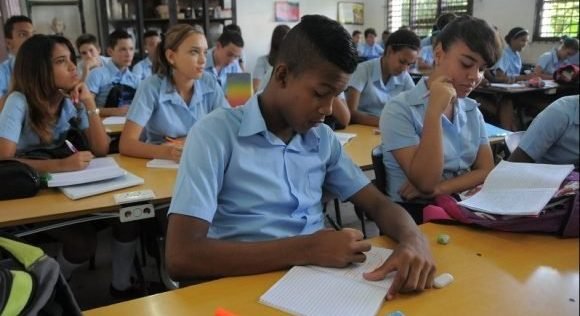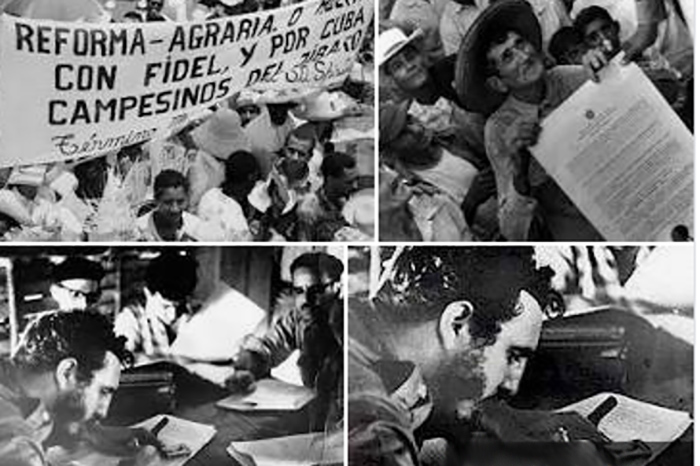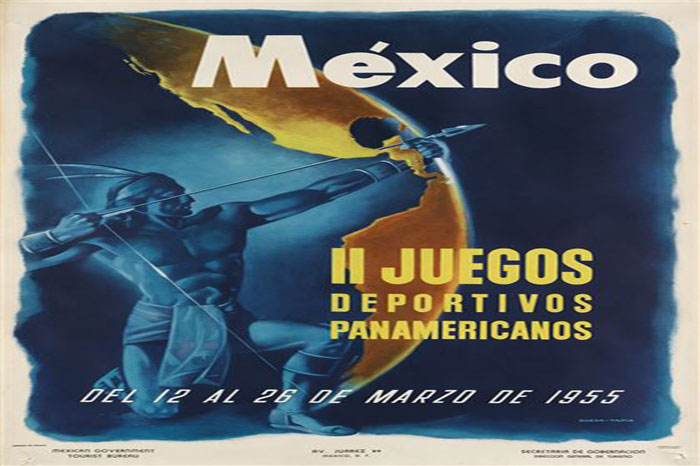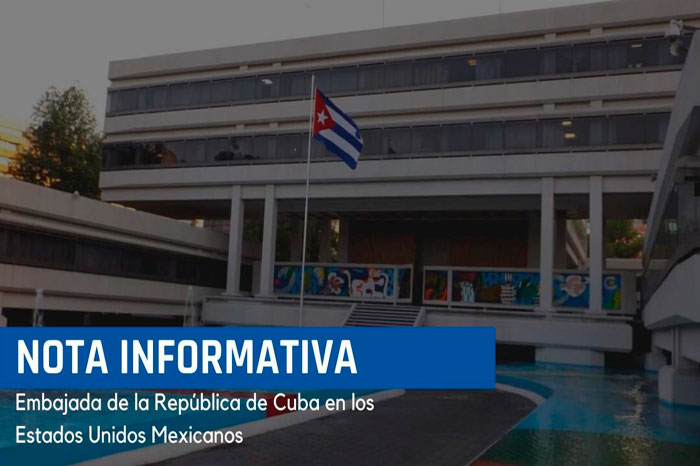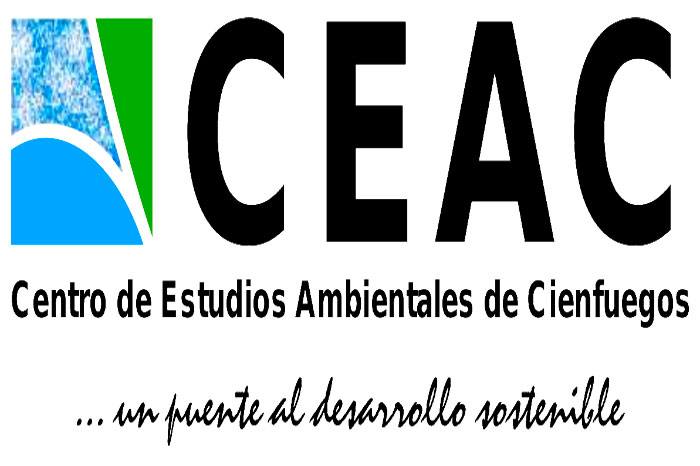On October 4, 1963, Hurricane Flora made landfall in eastern Cuba with sustained winds of 160 km/h and extreme rainfall amounts that pounded the 63,000 square kilometers of the region for five days, recalled Professor Luis Enrique Ramos Guadalupe, coordinator of the History Commission of the Meteorological Society of Cuba.
Cuban eastern province to present initiatives at congress "Cibersociedad"
EsculTunas is the name of the winning application of the innovation challenge launched by the co-Lab Las Tunas project as part of the "Capital of Cuban Sculpture" Laboratory, an informatics solution that this province will present at the Cibersociedad(cybersociety) congress, Oct. 16-20.
Cuba marks anniversary of the founding of the first Central Committee of the PCC
Cuba marked today the 58th anniversary of the founding of the first Central Committee of its Communist Party (PCC), an event that is considered a milestone in the strengthening of the unity of the people.
Cuba and United Arab Emirates to broaden relations
Cuba and the United Arab Emirates (UAE) stressed the willingness to continue expanding and developing relations in areas of mutual interest such as tourism, agriculture and renewable energies.
Cuba denounces the use of terrorism as a political tool
Gerardo Peñalver, Cuban first deputy foreign minister, denounced today at the United Nations General Assembly the manipulation of terrorism to turn it into a political instrument against any country.
Cuban company promotes its image through machining and 3D printing
The machining and 3D printing services of the Geocuba Business Group, in this central province, are an exportable line that in its cultural, historical and economic turn, is aimed at promoting Cuba's image to the world.
Higher Education Entrance Exams begin today in Cuba
The entrance exams to Higher Education in 2024 begin today throughout the country with the Mathematics in its ordinary call.
Second Agrarian Reform Law, a definitive blow to large estates
On October 3, 1963, 60 years ago, the Revolutionary Government of Cuba signed the 2nd Agrarian Reform Law to put an end to the remnants of the latifundia, by reducing land tenure to five caballerias, from the 30 stipulated by the first Law of 1959, which, in addition to radically changing the agrarian production system, dealt a definitive blow to the counterrevolution in the countryside.
Mexico City, host of the Pan American Games in 1955 (II)
Athletes from 22 countries participated at the Second Pan American Games, held in Mexico City from March 12 to 26, 1955, an event in which Cuba dropped to ninth place in the medal standings.
Tropical Storm Philippe Approaching the Lesser Antilles
Cuba’s Meteorology Institute alerted on Monday that tropical storm Philippe has maintained its organization and intensity and was located just 25 kilometers east of the island of Barbuda, in the northern Lesser Antilles.
Cuban President Attends Regional Business Forum in Havana
Miguel Diaz-Canel, First Secretary of Cuba’s Communist Party Central Committee and Cuban President attended the opening Monday of a multi-sector regional business forum called “Expo ALADI-Cuba 2023.
Havana hosts courses of the Caribbean Cultural Training Hub
More than 100 young people from 17 Caribbean nations opened today the face-to-face courses of the Caribbean Cultural Training Hub at the Santa Clara Convent in Havana.
Cuban Council of Ministers approves legal regulations to be submitted to Parliament
As part of the legislative schedule being developed in Cuba, the Council of Ministers approved three draft bills to be presented at the next regular session of the National Assembly of People's Power in December.
Diaz-Canel regrets Cuban migrants' accident in Mexico
Miguel Diaz-Canel, first secretary of the Central Committee of the Communist Party of Cuba and president of the country, regretted the road accident involving national migrants in Chiapas, Mexico.
Second Agrarian Reform Law, a definitive blow to latifundia
On October 3, 1963, the Revolutionary Government of Cuba signed the 2nd Agrarian Reform Law to put an end to latifundia by reducing land tenure to five caballerias (around 970 acres) from the 30 stipulated by the first Law of 1959, which was both a radical change to the farming system and the coup the grace to the counterrevolution in the countryside.
Cuban expert participates in conference on atomic energy
PhD in science Alejandro Garcia Moya, director of the Center for Environmental Studies of Cienfuegos (CEA) in central Cuba is one of the guests at the NUTEC Plastic event, parallel to the General Conference of the International Atomic Energy Agency (IAEA), which concludes today in Vienna, Austria.










